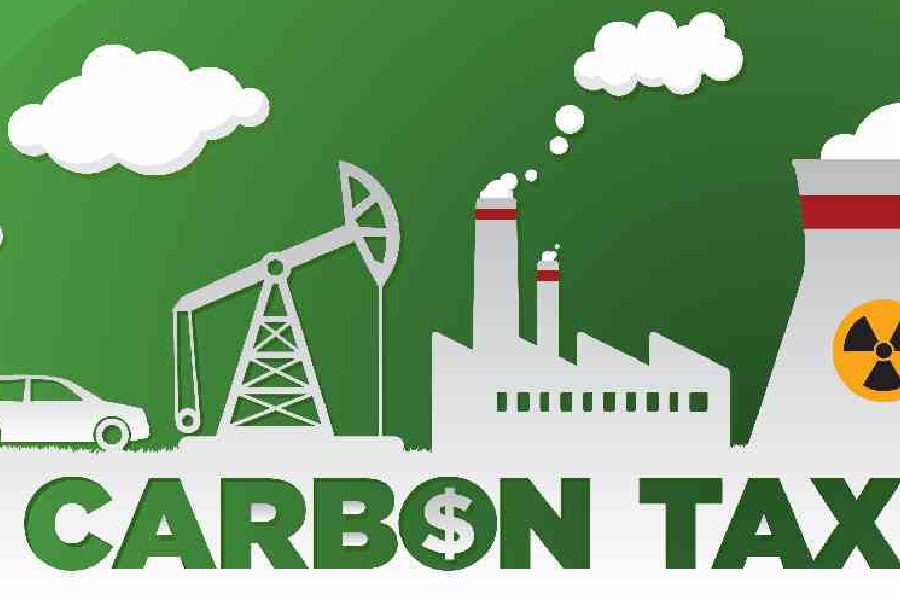India and the EU have set up a joint panel to thrash out issues surrounding the EU’s carbon tax.
The formalities for the controversial levy, which will jack up taxes on Indian companies by as much as 35 per cent, will start in October. The tax itself will be imposed from January 1, 2026.
The tax is likely to have a significant impact on seven carbon-intensive sectors, including steel, cement, fertiliser, aluminium and hydrocarbon products.
India raised these issues last month at the Trade and Technology Council (TTC) meeting with the EU in Brussels.
Officials said India pointed out to the EU the extra burden of the tax on its MSMEs and the high compliance costs.
“So now they have agreed that there will be a channel opened for discussions. So there will be a team from their side and our side discussing this.
The two teams would discuss the implications of the notification of the EU,” the official said.
New Delhi has suggested that the EU recognise some certifying agencies in India as it would be expensive for a small exporter to take certificates from the EU.
It has also asked for recognition of its Carbon Credit Trading Scheme (CCTS), which is under preparation.
Issues about the pricing of carbon-intensive products would also be discussed. India has already sought exemption for its MSMEs from the tax.
According to a report of think-tank GTRI, the European Union’s carbon border adjustment mechanism (CBAM) would translate into a 20-35 per cent tax on select imports into the EU starting January 1, 2026.
From October, domestic companies from seven carbon-intensive sectors such as steel and cement will have to seek compliance certificates from the EU authorities to comply with the CBAM (carbon border adjustment) norms.
The commerce ministry held a detailed stakeholders’ consultations meeting last month and discussed the industry’s preparedness for CBAM compliance.










